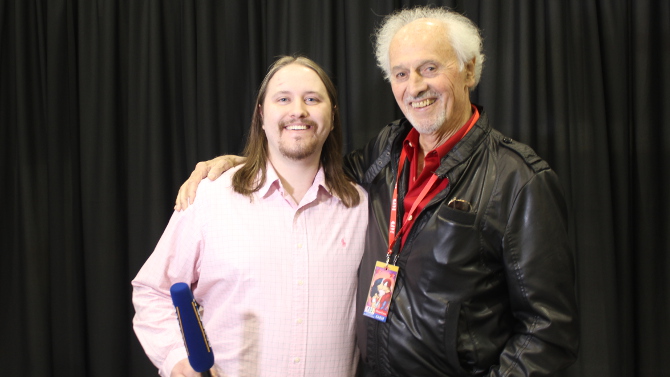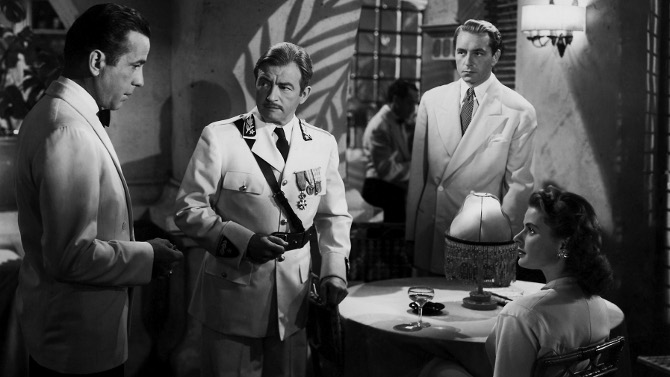
Playing Doubles
I have always been fascinated by the concept of the double, also known as the doppelganger in both film and literature. There is something about the device, that is often used in gothic tales, that makes for a wonderfully suspenseful thriller. Perhaps it is my early fascination with the works of Edgar Allen Poe that have influenced my interest in the subject matter, or perhaps it is the fact that I have been told by others that I have multiple doppelgangers, in any case, a film that uses this classic idea is the 2013 motion picture Enemy.

Asunder Down Under
The 2005 Australian western The Proposition (which takes place in the nineteenth century) begins with the opening credits unspooling along with historic photos of that era being shown beside them, while a childlike voice sings a sadly eerie lilt and then. . . boom! – we are thrown into a frenetic firefight. This extremely unique opening captures the pace of the film; jarring clashes of violence followed by melancholic sadness and loneliness, or vice versa.

Don’t Look a Gift Horse in the Mouth
There is nothing like receiving a present, especially when it is unexpected. It is exciting to open a perfectly wrapped box to find something that has been purchased specifically for you hiding inside. Yet, this simple concept takes a much more ominous and sinister turn in the 2015 mystery thriller, The Gift.
Star Pick with Michael Forest

"I remember 3 or 4 weeks before [filming Star Trek], I was working on a western, being beat up, and shot, and one thing and another. . . and then finally killed in the thing; and then a month later I’m in a gold tutu floating around as a God – so you never know in this business. It is very strange". That is a quote from iconic character and voice actor Michael Forest, who has been working in the business for more than sixty years. He humourously summed up life as an actor in the quotation above, referencing work on a western as well his classic turn as the God Apollo (in the episode ‘Who Mourns for Adonais?’) on the television series Star Trek. I was fortunate enough to interview Forest at CAPE, the Cornwall and Area Pop Expo as part of the fiftieth anniversary of the cult classic Star Trek.

Bad Side of the Moon
While watching the sci-fi mystery drama Moon, I was thinking that this was going to be it. . . the first Sam Rockwell movie I’ve seen where he does not bust into a dance routine. But alas, no, he meets his quota once again in this flick, similar to his performances in Charlie’s Angels, Iron Man 2 or The Way Way Back, to name but a few. It is not that I dislike his spontaneous groove moves, they are usually highly entertaining; it is simply something that I hawkishly look for each and every time I view a Rockwell movie – feel free to join the cause.

Just One of Those Things
Back in 1982, a sci-fi horror film called The Thing got trashed by critics – perhaps it was due to it coming out around the same time as other sci-fi flicks like E.T. The Extraterrestrial and Blade Runner, or because it was too dark and edgy. . . or maybe it was simply ahead of its time. Funnily enough, it is now considered one of the all-time greats of the horror genre. Critics have come around to see the movie in a much more positive light – which explains why it has been placed onto countless lists that recognize great films, horror or otherwise.

